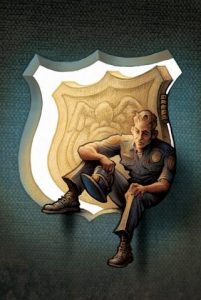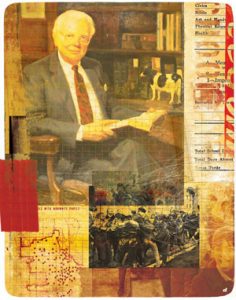Rebuilding intangibles like trust will be needed for schools to recover, expert says at Law School program
This appeared as a column in the Milwaukee Journal Sentinel on March 7, 2021.
As we reach the one-year mark in the greatest crisis American education has faced since the public schooling began taking its current form in the 19th Century, there are so many tangible things to be concerned about. Getting more kids back to school in person, especially now that teachers are getting vaccinated. What to do to help kids cover educational ground they didn’t cover in past months. How to use the coming summer. Money issues. Handling continuing health precautions. On and on.
But underlying the tangible issues are intangibles that also need big attention. I was involved in a virtual program on March 2 sponsored by the Marquette Law School and the Marquette College of Education on the state of K-12 education. Here are a few valuable thoughts from that session, emphasizing some of those intangibles:
Trust. A good school community is one where people – adults and children – are confident that, overall, things are being done well and for the good of all. There is a sense of everyone being on the same team. Trust underlies all of this. And the relationships and assumptions involved in trust have taken big steps backwards in many communities. That shows up especially in disputes nationwide over whether to have school in person.

 This third and final post reflecting the “In Search of Better Outcomes” theme of the new Marquette Lawyer magazine begins with a third pair of articles, the one that actually provides the quoted phrase (see
This third and final post reflecting the “In Search of Better Outcomes” theme of the new Marquette Lawyer magazine begins with a third pair of articles, the one that actually provides the quoted phrase (see  A
A